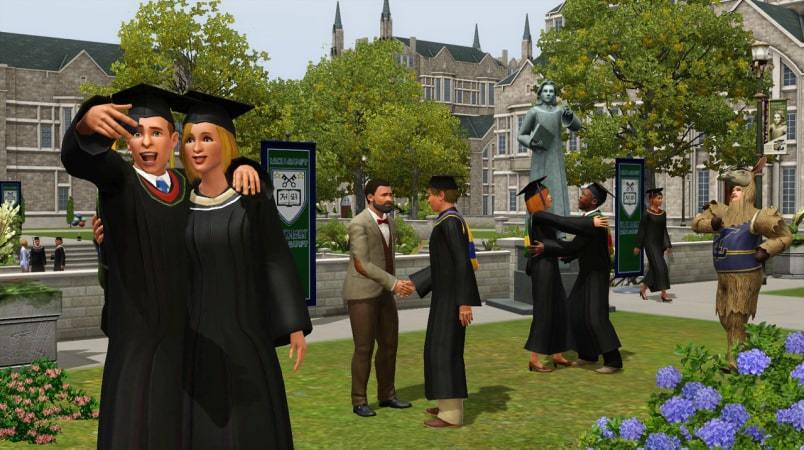Filling the university leadership knowledge gap
The Chronicle recently ran a piece on a leadership development game run each year by the Academic Leadership and Innovation Institute in the US for future academic leaders:
At the heart of the institute’s schedule lies an exercise called “Design a College and Make It Work.” Over the course of five hours, participants are given a quick overview of how the money comes in to a college and how it goes out. They’re asked to dream up hypothetical liberal-arts institutions with distinctive missions that will appeal to students. Then they have to make their imaginary colleges work financially, with real numbers.
While administrators spend decades learning how to shape a mission, serve competing constituencies, and keep a budget out of the red, professors’ understanding of how their college works often does not go much farther than their own departments. The institute’s aim is not to persuade faculty members that administrators are always right, nor to say that it’s only professors who need to do more to see the other side. Instead, the workshops seek to give professors a better grasp of the broader workings of their institutions so they can help make them better.
This is also rather reminiscent of the exciting Sims game I posted about last year of which there are several university variants although it is possible that these are not primarily targeted at academic leadership development in the HE sector.

There is though nothing particularly novel about the idea of running university management simulation exercises. One such simulation has been a core part of the Leadership Foundation’s Top Management Programme for many years (although it may have changed recently). At the University of Nottingham we also recently ran a simulation exercise using a model developed at another institution which worked pretty well in highlighting the complicated interplay of different factors.
Whilst all of this is interesting and, for participants in simulations (the more serious ones that is), undoubtedly useful, it does highlight for me that there is something of a gap in the way in which universities seem to grow and develop future leaders. If it takes this kind of exercise for current or prospective leaders to acquire even the most basic understanding of how institutions work and the different dimensions of university management then surely we are all doing something wrong. Shouldn’t most members of staff, at all levels within an organisation but especially those who aspire to progress to leadership roles, have more than a sketchy awareness of the bigger picture? Without the need for game playing.











